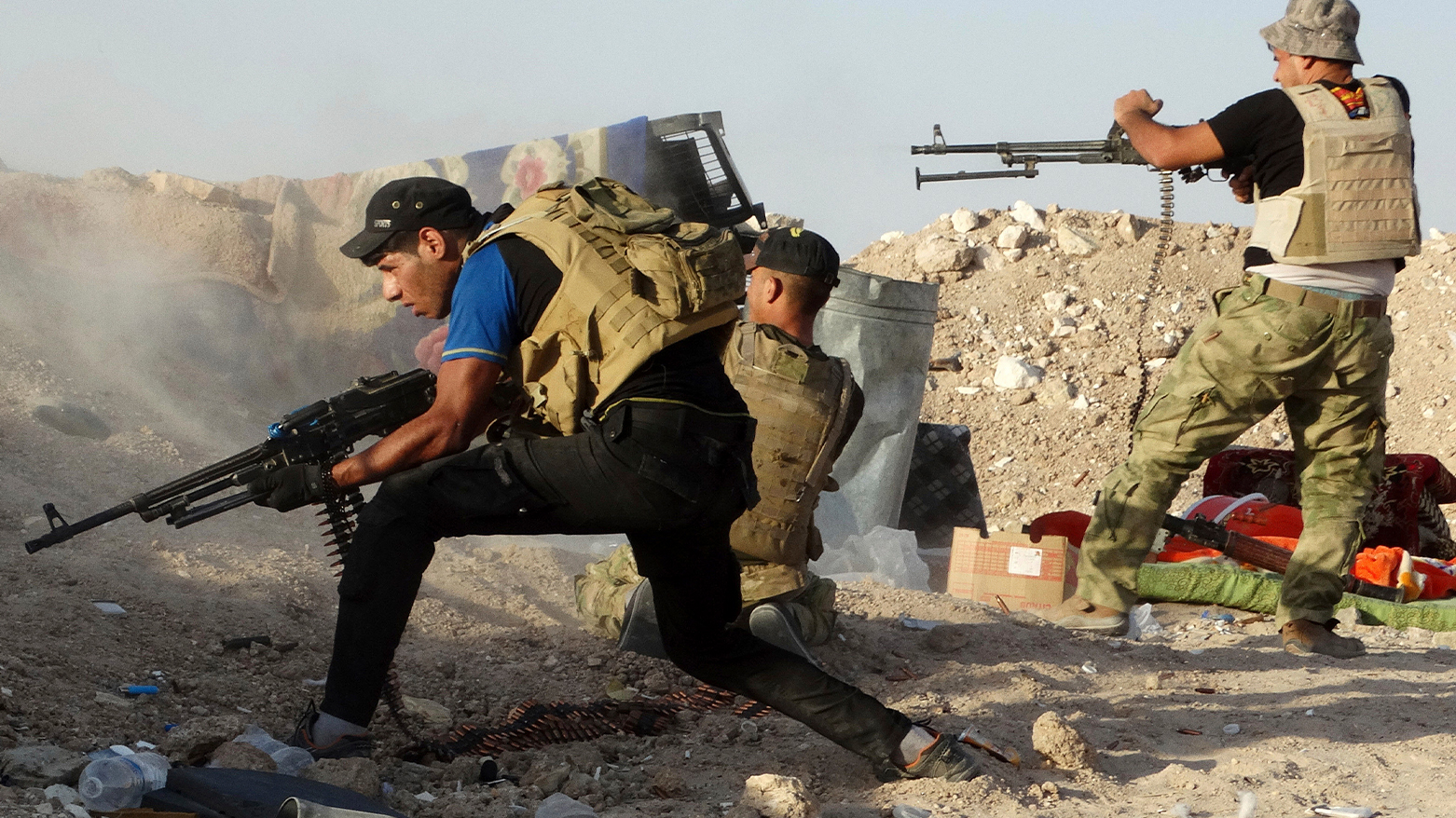Report highlights resurgence of ISIS, al-Qaeda amid Middle East turmoil
The security gap between Peshmerga forces and the Iraqi army, particularly in the Kirkuk-Salah al-Din-Diyala triangle and the Hamrin mountain range, has allowed ISIS remnants to persist.

ERBIL (Kurdistan 24) – Recent reports highlight the alarming resurgence of ISIS and al-Qaida across the Middle East, driven by ongoing conflicts and instability, particularly the war in Gaza.
The Guardian's report reveals that ISIS has intensified its activities in Iraq, Syria, Yemen, and Egypt, exploiting the regional turmoil.
The war in Gaza has created an environment conducive to the reorganization of ISIS and al-Qaida, enabling these groups to strengthen and expand.
In the Sinai Peninsula, ISIS attacks have become more frequent and deadly. There have been reports of over 150 attacks by ISIS on the Syrian Democratic Forces (SDF) and Iraqi forces in both Syria and Iraq this year alone.
Read More: Islamic State attacks on track to double in Iraq and Syria compared to last year, US military says
Despite efforts to eliminate ISIS in Iraq, the group continues to launch sporadic attacks in Iraq and seeks to establish a presence along the Yemeni border. A recent ISIS attack in Qarahanjir resulted in the death of a border security employee.
Read More: ISIS attack in Qarah Anjir leaves security forces casualty, terrorists neutralized
The security gap between Peshmerga forces and the Iraqi army, particularly in the Kirkuk-Salah al-Din-Diyala triangle and the Hamrin mountain range, has allowed ISIS remnants to persist. Joint brigades formed to secure these areas have been prevented from assuming their duties.
Read More: Security gap between Peshmerga, Iraqi Army blamed for rise in attacks
Regional security services are increasingly concerned that the Gaza conflict is enabling ISIS and al-Qaida to rebuild and orchestrate new terrorist plots.
As reported by the Guardian, Tricia Bacon, a terrorism expert at American University, describes the Gaza war as a "seminal cause" that will radicalize a new generation of jihadis, heightening the terrorism threat in the coming years.
Read More: UN Security Council adopts resolution 2734 to combat ISIS, Al-Qaida
The United Nations has reported that extremist groups are exploiting the Gaza war to attract new recruits and mobilize existing supporters, despite their historical condemnation of Hamas. A UN report in February warned of major al-Qaida affiliates planning ambitious operations and reinvigorating their media strategies to incite global lone actors.
In Syria, ISIS has launched over 100 attacks on government forces and Kurdish-led fighters in recent months, with violence peaking in March. A recent attack in Raqqa province killed seven Syrian soldiers, and since the beginning of the year, 383 fighters from government forces and their proxy militias have been killed.
Read More: Increase of ISIS Activities: Surge in Movements and Abductions of Civilians Reported
The UN report underscores the differing media strategies of ISIS and al-Qaida, with ISIS focusing on local regimes and al-Qaida on a global campaign against Western powers.